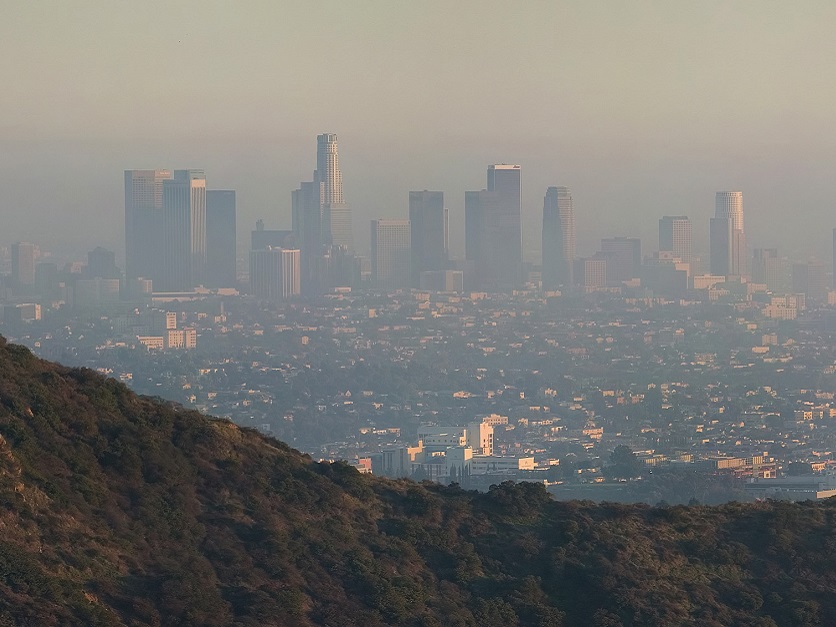CALIFORNIA, July 12, 2017 - California Gov. Jerry Brown and Democratic lawmakers introduced a proposal Monday to reauthorize the state’s cap and trade program in a renewed effort to battle climate change.
The package consists of two separate bills: AB 398 would extend the life of the cap-and-trade program until 2030 and modify how the cap-and-trade market operates, and AB 617 aims to address air quality concerns by increasing monitoring and imposing stricter penalties on polluters.
In an effort to attract some GOP lawmakers, the cap-and-trade bill includes a suspension of the state’s fire prevention fee. The fee, established in 2011 as part of a budget package, was originally championed as a way to improve fire prevention in a state that has been plagued with drought. But many rural residents called it an unconstitutional tax and have sued the state to have it repealed. Roughly one-third of the state’s residents are subject to the $152.33 charge, but most pay less after a $35 deduction for local fire districts.
The package would also exempt electric power companies from paying the sales and use tax on equipment purchases and some other expenses.
California’s cap-and-trade program requires polluters to obtain permits for the greenhouse gases they emit as an incentive for companies to reduce their carbon footprint. The program would allow companies to continue to use offset credits to meet their total compliance obligations and allow some businesses to seek free allowances to pollute.
Under the proposed legislation, the California Air Resources Board would be given new authority to set a ceiling on the price of carbon – which determines how expensive emissions permits will be and as a way to prevent price spikes at the pump – and auction reserve prices. It would also decrease the amount of offsets, in which businesses pay for environmental projects in California and throughout the country to ease the cost of complying with the program, and require that half of such projects take place in California. Currently, there is no such requirement.
Brown is seeking a two-thirds vote on the cap-and-trade bill, which would guard the program against potential legal challenges. The bills were introduced at the close of business Monday, paving the way for a potential Thursday evening vote.
#30


